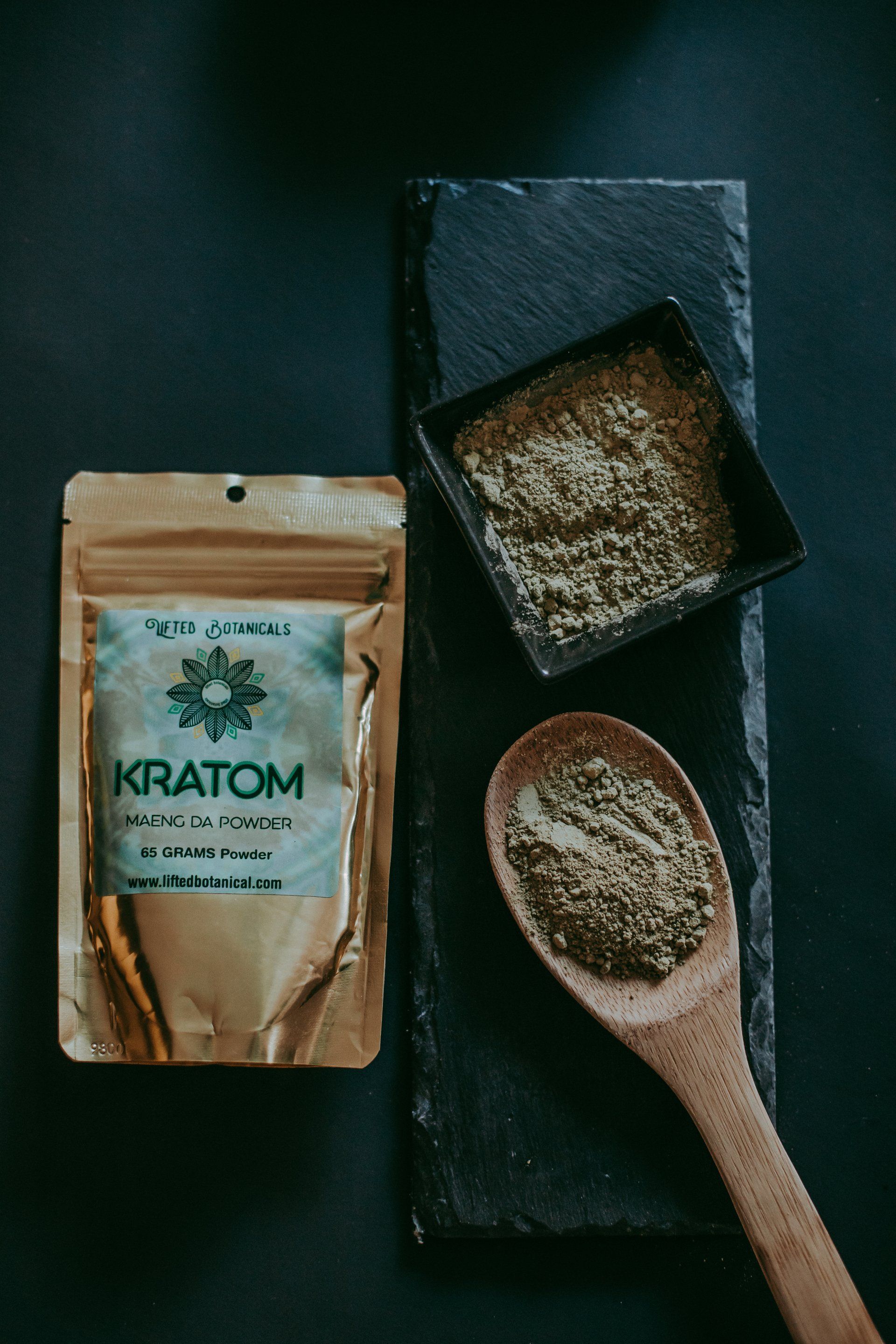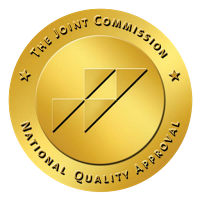If you or a loved one are struggling with drug or alcohol addiction call Sanctuary Recovery Centers in Phoenix, Arizona to get the best treatment plan to start the healing process.
Get Help With Your Addiction

Top Reasons Alcoholics Die: : The Heartbreaking Reality
September 20, 2023
Dive into the top reasons alcoholics die, uncovering the health, social, and mental impacts of this devastating condition. Understand the importance of early intervention and hope for recovery.
The Grim Reality of Alcoholism
Alcoholism, a shadow that looms large in many societies, has far-reaching consequences. Globally, millions grapple with this addiction, and sadly, many succumb to its devastating effects. Let’s peel back the curtain on some quick, gut-wrenching facts about alcohol-related deaths, and then delve deep into the reasons behind them.
Top Reasons Alcoholics Die
Health Complications
Alcohol, when consumed in excess over prolonged periods, wreaks havoc on the body. Here’s how:
Liver Damage and Cirrhosis:
The liver, our body’s detox center, takes a major hit from chronic alcohol consumption. Cirrhosis, or scarring of the liver tissue, becomes a grim reality for many alcoholics, leading to life-threatening complications.
Heart Disease and Stroke:
Contrary to the occasional glass of wine’s heart benefits, excessive drinking elevates blood pressure and cholesterol, amplifying the risk of heart diseases and stroke.
Pancreatitis and Digestive Issues:
Chronic alcoholism irritates the pancreas, leading to pancreatitis. It also disrupts the digestive system, causing ulcers and gastritis.
Mental Health Deterioration:
Alcohol doesn’t just harm the body; it affects the mind too. Memory problems, mood disorders, and cognitive decline are common among alcoholics.
Accidents and Injuries
Inebriation blurs judgment, and the results can be fatal:
Drunk Driving Incidents:
A significant number of road accidents are attributed to drunk driving, making it a leading cause of death among alcoholics.
Falls and Fractures:
Alcohol impairs coordination, leading to frequent falls, which can sometimes be deadly, especially for the elderly.
Drowning and Other Fatal Accidents:
Whether it’s drowning in a bathtub or other accidents around the home, alcohol plays a sinister role.
Social and Economic Impacts
The ripple effects of alcoholism aren’t just medical:
Strained Relationships and Isolation:
Alcoholism strains relationships, often leading to isolation, which further fuels the addiction.
Job Loss and Financial Strain:
Chronic drinking can result in job loss, plunging individuals into financial crises.
Homelessness and Lack of Basic Needs:
In extreme cases, alcoholics may end up homeless, deprived of basic necessities.
Mental Health and Suicidal Tendencies
The mental toll of alcoholism is profound:
Depression and Anxiety among Alcoholics:
Alcohol might offer temporary relief, but in the long run, it exacerbates depression and anxiety.
Alcohol as a Coping Mechanism:
Many turn to alcohol to cope with past traumas, but it often ends up being a trap, exacerbating mental health issues.
The Link between Alcoholism and Suicide:
Tragically, many alcoholics see no way out and consider taking their own lives.
Prevention and Intervention
Recognizing the early signs of alcoholism is the first step to combating it. Early intervention can be life-saving. From counseling to rehabilitation centers, several treatment options offer a beacon of hope to those trapped in the clutches of alcoholism.
Hope and Rehabilitation
While the consequences of alcoholism are dire, there’s always hope. With the right support, many alcoholics turn their lives around, proving that rehabilitation is not just a word, but a possibility.
FAQs About Alcoholism
What is the difference between alcohol use and alcoholism?
Alcohol use refers to occasional or moderate drinking, while alcoholism is a chronic disease characterized by an uncontrollable urge to drink despite adverse consequences.
How does alcohol affect the liver? Alcohol overloads the liver, leading to fat accumulation, inflammation, and eventually cirrhosis.
Can alcoholism be cured?
While there’s no “cure,” alcoholism can be managed with the right treatment and support.
What are the first signs of liver damage from alcohol?
Jaundice, abdominal pain, and swelling are some early signs.
How can family and friends support an alcoholic?
By encouraging them to seek help, being understanding, and avoiding enabling behaviors.
Why is early intervention crucial in alcoholism?
Early intervention prevents complications and increases the chances of recovery.
The post Top Reasons Alcoholics Die: : The Heartbreaking Reality appeared first on Sanctuary Recovery Centers.












